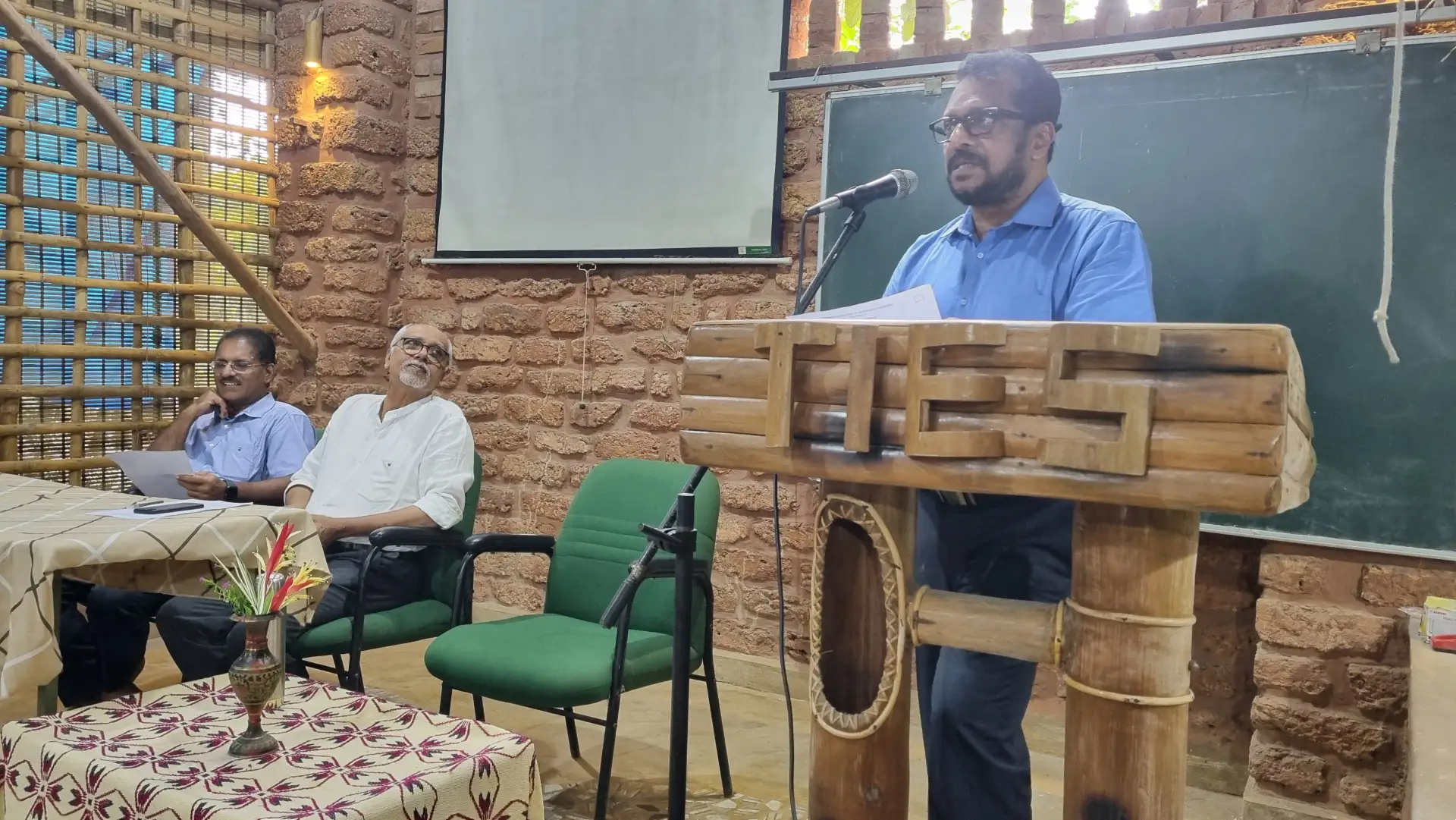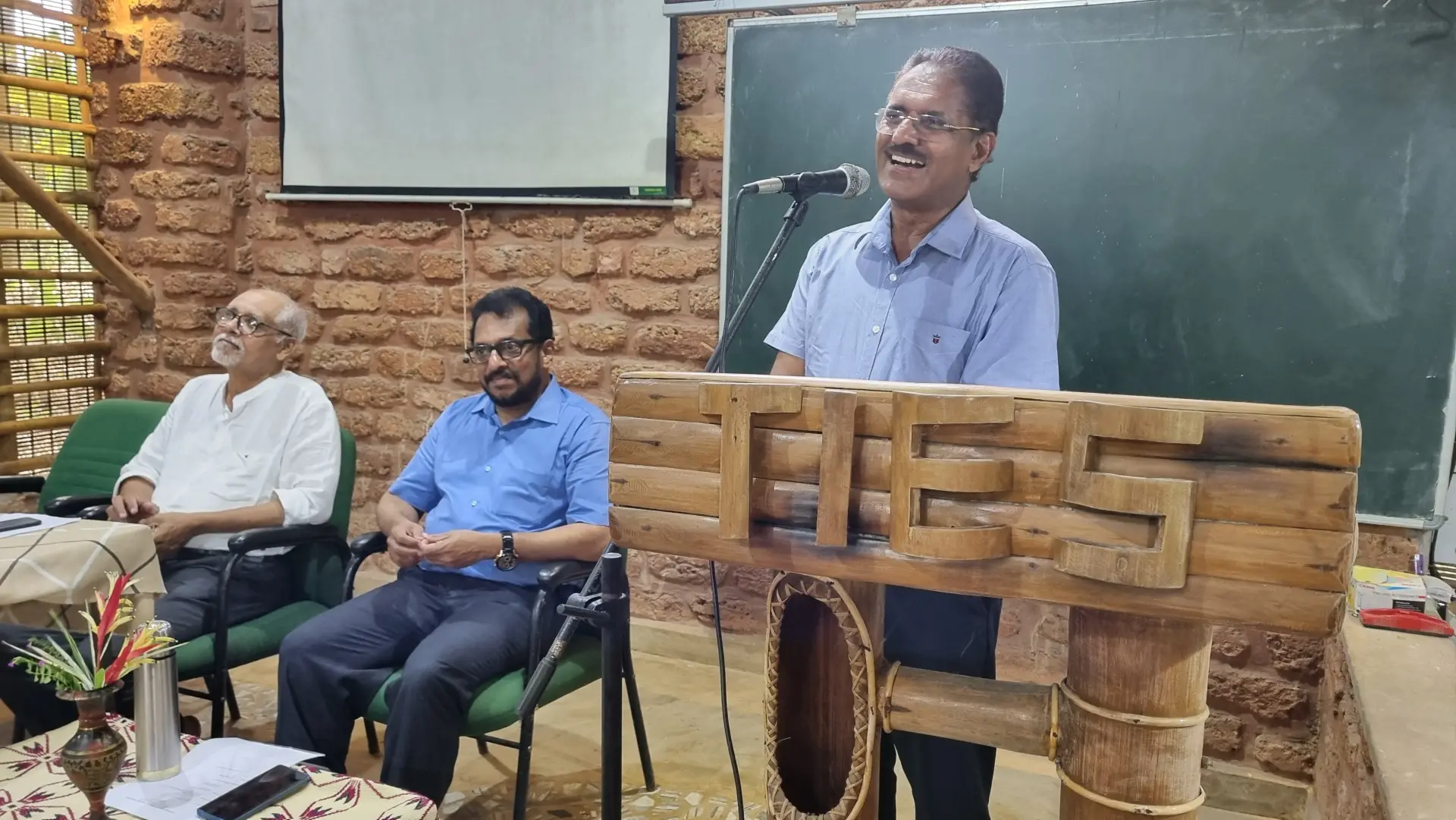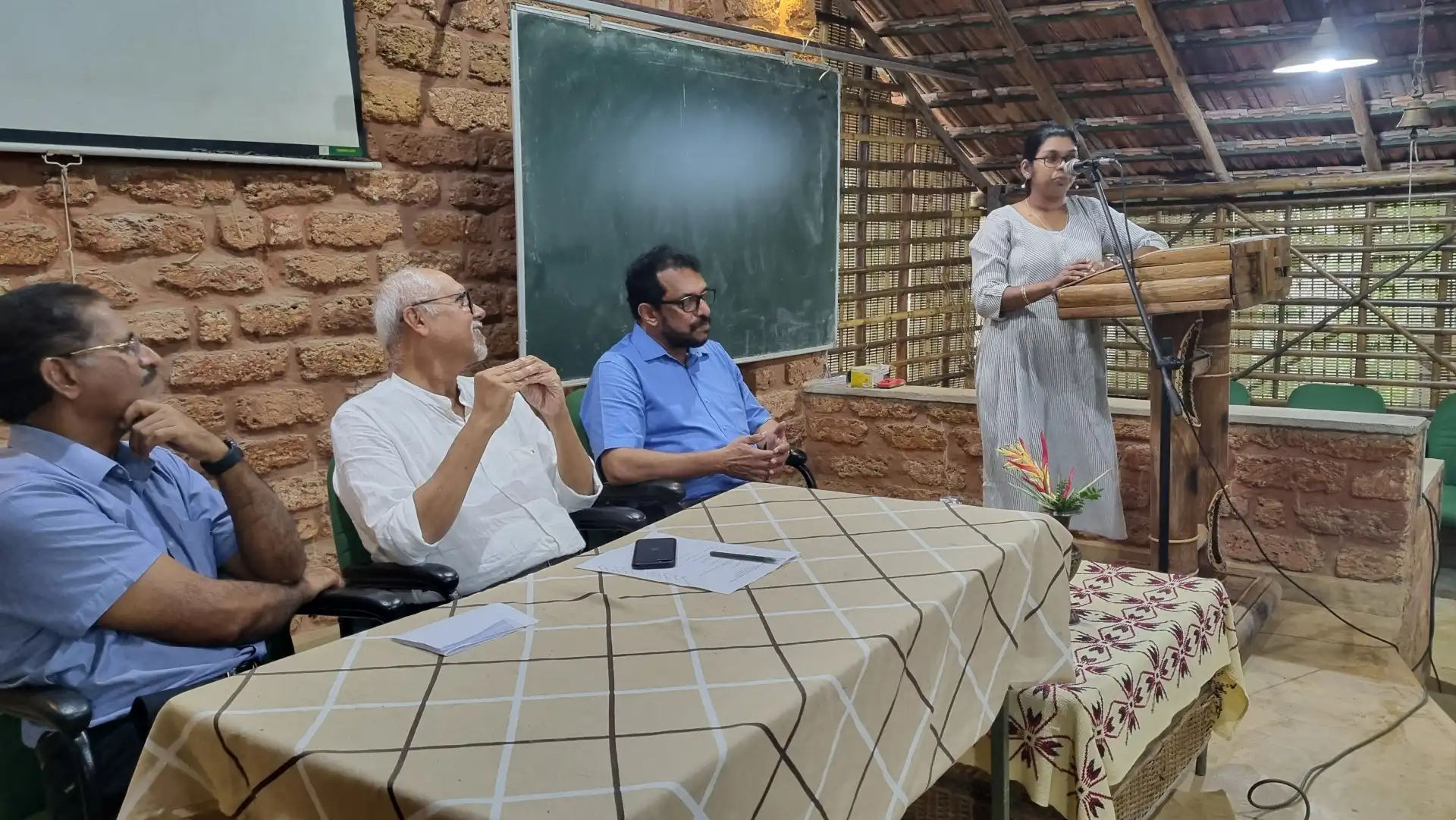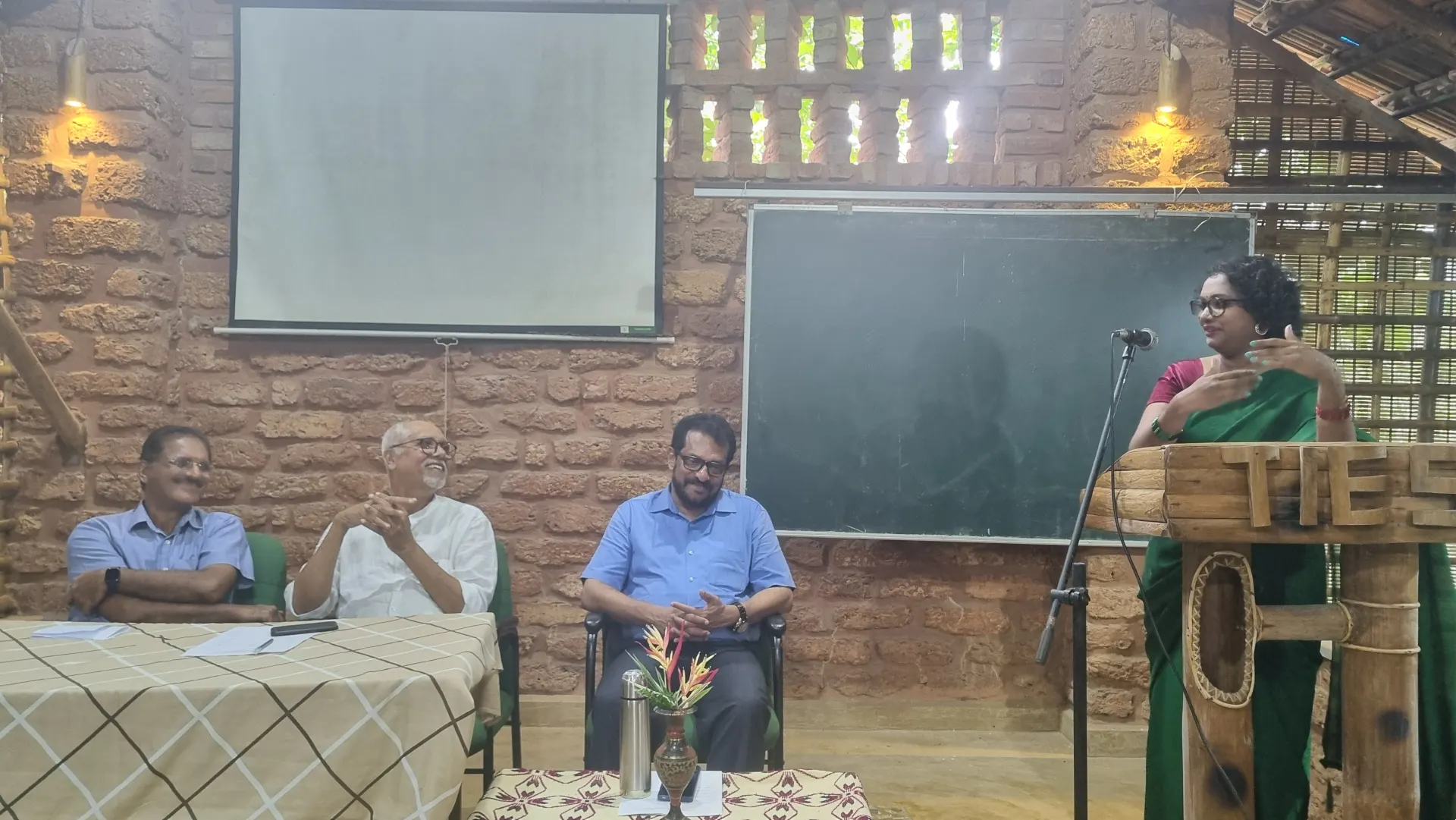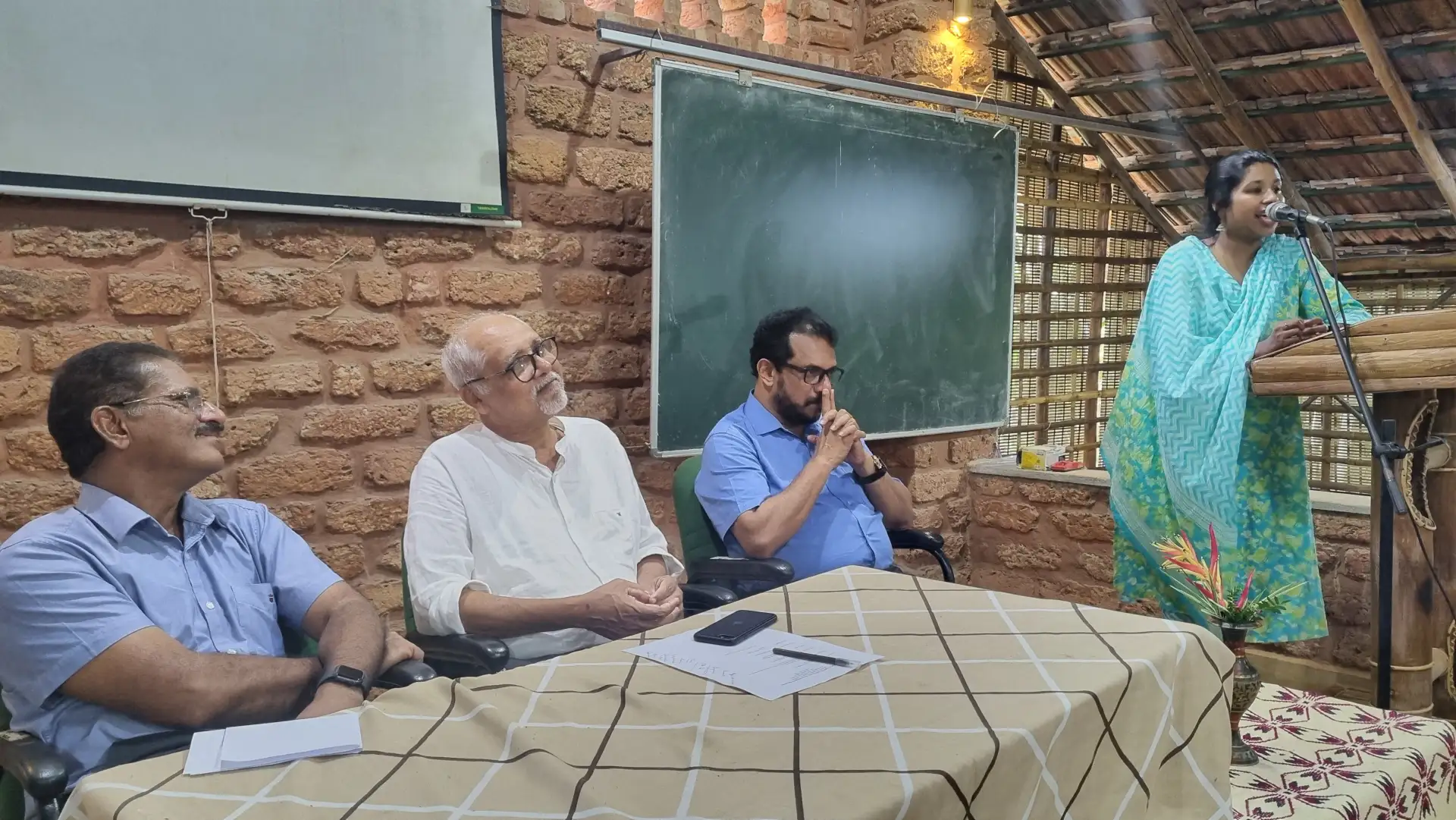
2024-11-14
The Accelerate Cognitive Efficiency (ACE) programme for PhD scholars in history concluded yesterday, marking the culmination of an ambitious and meticulously designed initiative aimed at enhancing the intellectual rigour and scholarly articulation of its participants. ACE was conceived as an intensive, immersive experience, with a dual focus on cultivating advanced critical thinking and refining academic writing. The programme sought to push beyond conventional research paradigms, fostering a culture of analytical precision and expressive clarity.
Participant feedback has been overwhelmingly positive, with many describing the programme as a transformative and unparalleled learning experience. Scholars highlighted the depth and intensity of the sessions, noting significant improvements in their ability to engage with complex theoretical frameworks and articulate nuanced arguments. The programme’s structured approach, combined with individualised mentorship, was widely praised for addressing specific academic challenges, thereby empowering participants to achieve higher levels of scholarly competence.
A key highlight of the programme was the field visit to Kuttikanam, which offered participants a unique opportunity to engage with historical monuments and the surrounding landscape. This immersive experience allowed scholars to connect theoretical insights with tangible historical sites, fostering a deeper understanding of how physical spaces and cultural artifacts embody historical narratives. Through this exploration, participants were able to cull out historical memories, drawing meaningful connections between the past and present. The fieldwork not only enriched their research perspectives but also underscored the significance of integrating spatial analysis into historical inquiry, making history a living, dynamic discipline.
TIES extends its deepest gratitude to the scholars and their supervising mentors for their trust and collaboration, which have been instrumental in the programme’s success. Building on this momentum, we are excited to announce the forthcoming launch of similar initiatives across other disciplines within the social sciences. These programmes aim to further strengthen the academic ecosystem by nurturing a new generation of intellectually rigorous and critically engaged scholars. Led by Dr. Sebastian Joseph, head of the Division of Environmental History and Anthropocene Studies at TIES, the programme welcomed five research fellows from Kerala University, Calicut University, Sree Sankaracharya University of Sanskrit, and Mahatma Gandhi University.
The valedictory function was presided over by Dr. Abraham Samuel K., President of TIES, with felicitations by Dr. Nelson P. Abraham, Vice-President of TIES.
